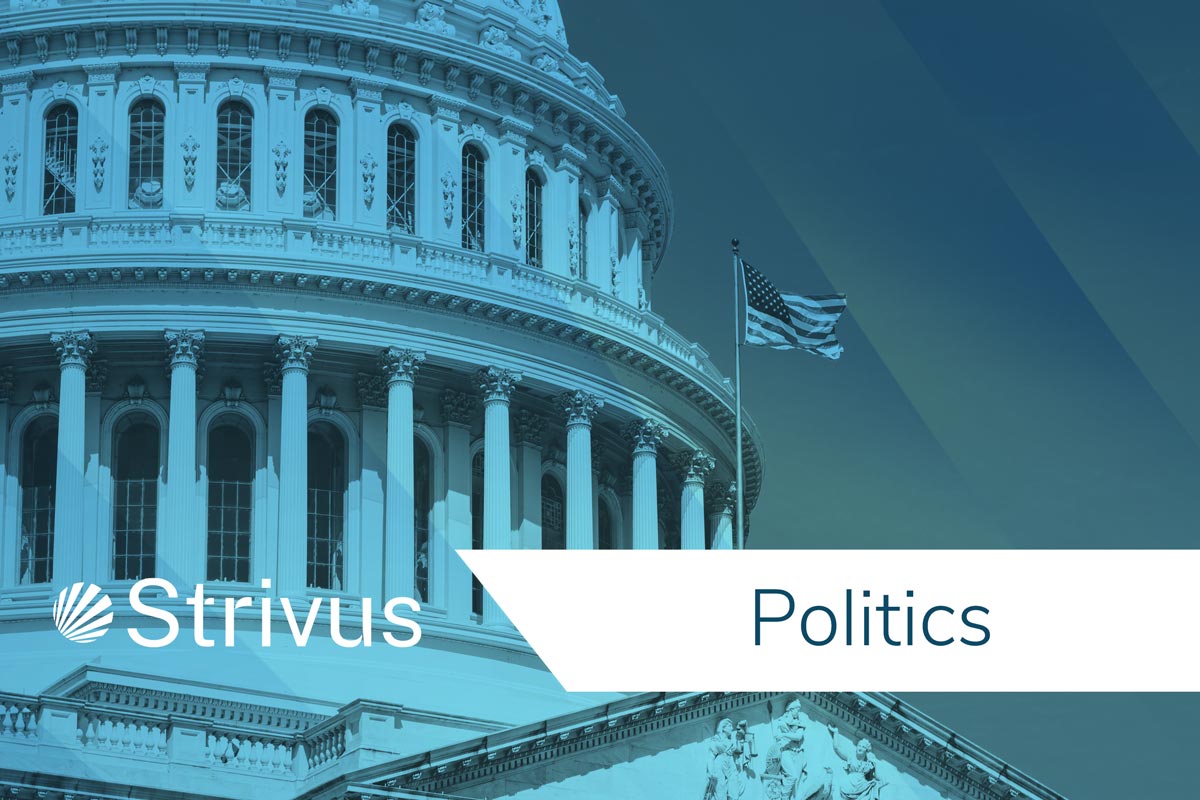Education

Social Security Requires Changes

Any and all personal beliefs aside, the U.S. has arrived at a time and place wherein Social Security’s viability is financially threatened. So far, all proposals to address the System’s financial problems have been met with the coldest of Congressional shoulders.
Social Security is predicated on an ever-increasing number of young workers shoring up a growing population of benefit recipients. This “Ponzi-like” design has worked for decades, but the corner has been turned. Demographics are now working against us, and Congress, in its infinite wisdom, squandered the “Social Security Trust Fund” that, by design, had accumulated over many successful years.
Those halcyon days are gone, at least for now, and Social Security faces the real possibility of not being able to pay all promised benefits to future participants. Clearly, something must be done. Proposals abound, but none have been able to demonstrate viability, neither financially nor politically.
To make matters worse, COVID-19 and its variants reduced overall employment at a time when 10,000+ Baby Boomers daily were filing for eligible benefits. The strain on the financial system is obvious, and in certain circles that is raising concerns.
Easy and obvious methods of salvaging the failing system include reducing future benefits and/or raising Payroll Taxes. Unfortunately, no elected official will seriously entertain either option, as unpopular proposals are politically suicidal.
Perhaps acceptable to participants and elected officials would be to postpone payment of benefits to a later age, similar to what the Reagan Administration did in the 1980s. It was well-planned, took years to phase in, and added many years to the viability of Social Security. Unfortunately, it did not solve the problem on a long-term basis, as modern medicine simultaneously kept raising life expectancies.
There are other inherent problems. Notable is the current inflationary environment, which induced a Cost of Living (COLA) benefit increase for 2022 of 5.9%. For 2023, the projected COLA is currently 8.6%, adding insult to injury for the System. The actual 2023 increase will be announced in October, but regardless of the final number, wages (hence, Payroll Taxes) will rise more slowly than benefit payouts.
Certain members of Congress have recognized that older Americans are being squeezed by escalating Medicare costs, taxes, and our everyday cost of living. Congressman Bill Posey (R-IL) has introduced a bill dubbed “Senior Citizens Inflation Relief Act,” which would allow recipients to earn more income before incurring a reduction in monthly Social Security benefits. This applies to recipients who have not yet attained their Full Retirement Age, or FRA.
One does not need a degree in economics to understand that helping a particular group of Social Security recipients, while simultaneously doing nothing about increasing funding for the System in general, does very little to preserve future benefits for all. That said, we support Congressman Posey in his efforts to provide some relief for older working adults.
What will Congress do? Stay tuned.
Van Wie Financial is fee-only. For a reason.
